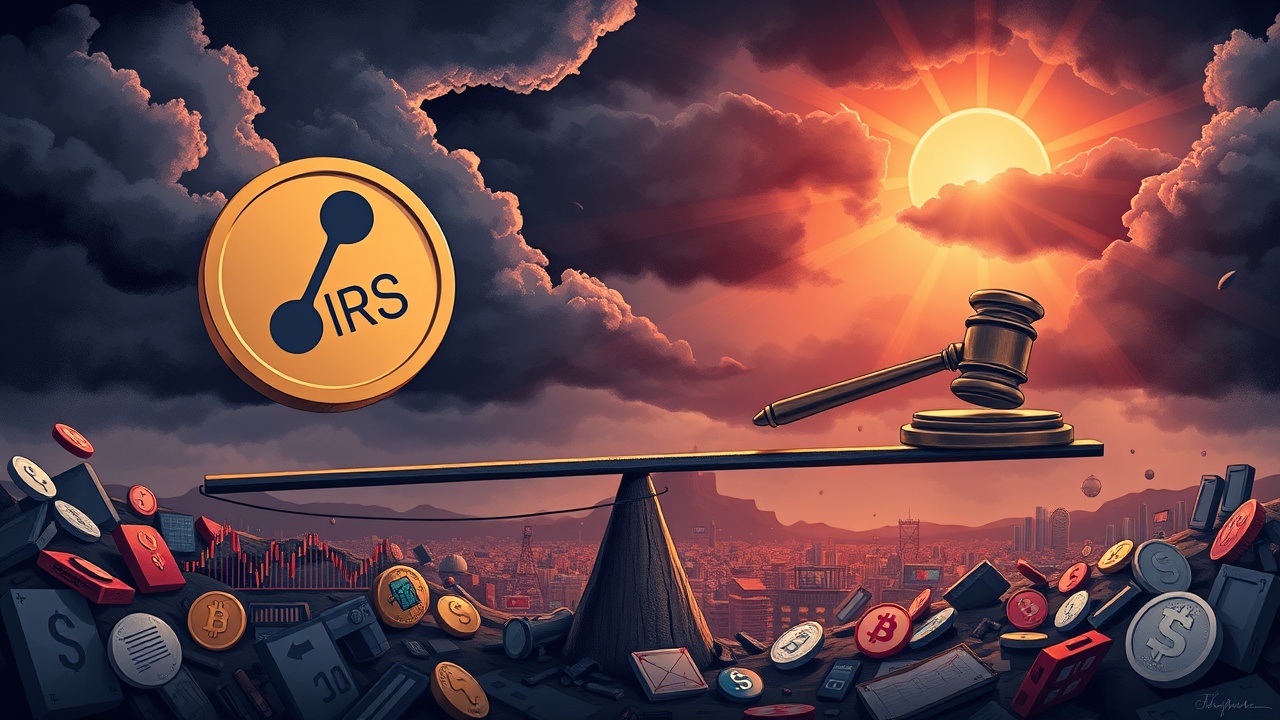Overview
Bill Morgan, a well-known attorney, has expressed that the recent joint motion submitted by Ripple and the U.S. Securities and Exchange Commission (SEC) carries significant importance.
Legal Commentary
In his extensive commentary shared on social media, he emphasized the potential implications:
“Should the court deny this motion and fail to modify the existing settlement terms, or if no alternative settlement is agreed upon, the litigation process including appeals will continue unabated.”
On Thursday, the legal teams of Ripple and the SEC approached Judge Analisa Torres at the United States District Court for the Southern District of New York to seek her insights on this matter.
Context of the Motion
This joint motion comes on the heels of a previous setback, where Judge Torres dismissed an earlier motion that requested an indicative ruling regarding the settlement’s acceptance contingent upon a remand from the Second Circuit Court of Appeals.
As reported by U.Today, the prior request was aimed at determining whether the judge would approve the settlement if such an opportunity arose, which resulted in disappointment for Ripple.
Implications of the SEC’s Agreement
Additionally, it is notable that the SEC has agreed to significantly slash Ripple’s financial penalty from $125 million to $50 million and proposed that the court lift restrictions hindering Ripple’s ability to sell XRP to institutional investors within the United States.
Judicial Criticism and Current Situation
Judge Torres criticized the previous motion as “procedurally improper,” indicating that the involved parties did not satisfactorily articulate the need to alter the final judgment. In the latest joint filing, however, Ripple and the SEC assert that there are “exceptional circumstances” due to a recent shift in the SEC’s policy towards cryptocurrencies.
Morgan warns that if this current motion faces a similar fate as its predecessor, it could lead to negotiations for a completely new settlement.




